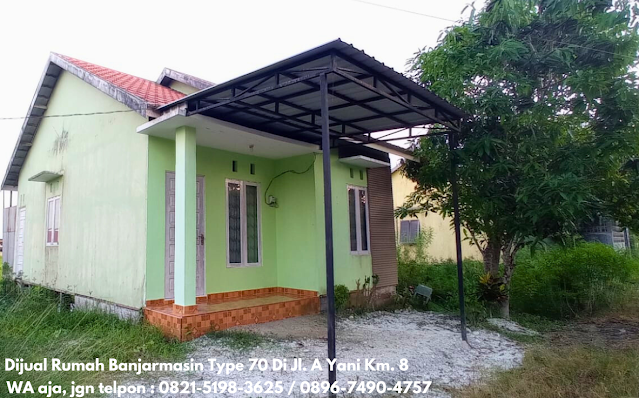How do we form the present perfect?
Subject + Have + past participle + object
I have cooked dinner
When do we use the present perfect?
11. To describe experience
Example :
I have
travelled the world
James has
met the president
I have
never been to space
72. To
describe change over a period of time
Example :
House prices have increased a lot
Andrew has
grown since the last time I saw him
This restaurant has become very popular
33. To describe accomplishments
Example :
Doctor have
discovered cures for many disease
Man has been to the moon
The computer hase made it possible to learn online
44. A continuing action that started in the past
Example :
Sam has
worked here for seven years
We have been in relationship for 3 months
They have been in the room all day
(from video GoEnglish.tv)
When we talk about :
11.
Actions that happened (or never
happened) before now, at an unspecified time in the past
22.
The repetition of activity before
now
33.
Activities that began in the past
and continue to the present
We use Present Perfect Tense
Example :
(the first
use)
I have already seen that movie
I have never seen snow
Have you ever visited
Mexico?
(the second
use)
We have had four tests so far
She has flown on an airplane many times
(the third
use)
They have been here since four thirty
He has had this same pair of shoes for
three years
I have known you for two and a half
months
Since + a particular time
For + duration of time
*Jika
kalimat menjelaskan durasi waktu dengan jelas maka kalimat itu adalah Simple
past tense
Compare
these statements :
1. Genevieve
lived in Paris two years ago
(she no
longer lives in Paris)
*Genevieve
tinggal di Paris 2 tahun yang lalu. Genevieve 2 tahun yang lalu pasti tinggal
di paris dan tidak akan berubah. Ini merupakan simple past tense karena kalimat
sudah jelas terjadi dan tidak akan berubah.
-Genevieve has lived in Paris since she was two years old. (present
perfect)
(She still
lives in Paris)
*Genevieve
telah tinggal di Paris sejak dia umur 2 tahun. Genevieve masih tinggal di paris
dan mungkin usia dia tinggal di paris akan bertambah di masa depan.
= talk about number 3. Activities that began in the
past and continue to the present
2. Nina
wrote a book about Thailand last year.
(occurred
at a specific time in the past)
*Nina
menulis buku tentang Thailand tahun lalu. Sudah jelas tidak akan berubah. Nina
tidak mungkin misalnya berubah menulis
buku Thailand menjadi 2 tahun yang lalu.
-Nina has written a book about Thailand (present perfect)
(when she
wrote the book is not known/not importan)
*Nina telah
menulis buku tentang Thailand. Waktunya tidak di jelaskan kapan terjadi. Yang
pasti itu sudah terjadi dimasa lalu entah setahun yang lalu sebulan yang lalu
atau bisa 2 tahun yang lalu. Ketidakpastian waktu ini membuatnya menjadi
kalimat present perfect.
= talk about number 1. Actions that happened (or
never happened) before now, at an unspecified time in the past
3. Sara
started college two years ago
*Sara mulai
kuliah 2 tahun yang lalu. Artinya jelas tidak akan ada perubahan. Sara tetap
mulai kuliah 2 tahun yang lalu
-She has been a student for two years (present
perfect)
*dia sudah
menjadi seorang murid selama 2 tahun. Artinya dia masih seorang murid dan
mungkin masih akan menjadi murid di masa depan. Jadi lamanya menjadi seorang
murid akan berubah
= talk about number 3. Activities that began in the
past and continue to the present
Conversation
Choose Simple past tense or present perfect
Ashley : Hey Kevin. (Did you ever travel/Have you ever travelled) abroad?
*menanyakan experience (pengalaman) merupakan
sesuatu yang akan terus berulang maka termasuk present perfect
Kevin : Yes, I (did/have). I (went/have
been) to France last year.
*mengunakan went karena sudah pasti waktu
terjadi di tahun lalu dan tidak akan berubah.
Ashley : Really?(Did
you enjoy/Have you enjoyed) it?
*mengunakan did karena menanyakan perasaan
sudah jelas tidak akan berubah
Kevin : Yeah. It (was/has been) amazing. How about you?
*karena ditanya mengunakan simple past tense
maka dijawab dengan simple past tense juga
Ashley : Oh, I (didn’t go/haven’t been) to Europe. But I (have travelled/travelled) around South America for a month a couple of years ago.
It’s great to see new places, isn’t it?
*mengunakan haven’t been(belum) karena ada
kemungkinan dimasa depan akan pergi ke Europe. Tidak mungkin memakai didn’t
go(tidak pergi) karena tidak dapat
dijamin dimasa depan tidak akan pergi ke Europe. Lalu menggunakan travelled
karena ada sudah jelas ada waktunya dia pergi ke amerika selatan selama sebulan
pada beberapa tahun yang lalu.
Kevin : Yeah, It’s a nice change.
Today is
_________. I moved to this city __________.
I have been
in this city since _____________.
I have been
here for ___________.
I first met
our teacher ______.
I have
known him/her for __________.
I have
known him/her since ___________.
I first met
my _________.
I have
known him/her for _________.
I have
known him/her since ___________.











Posting Komentar
Posting Komentar